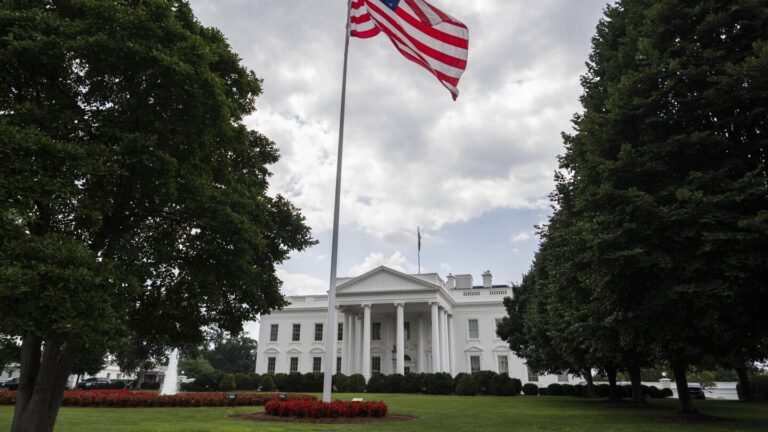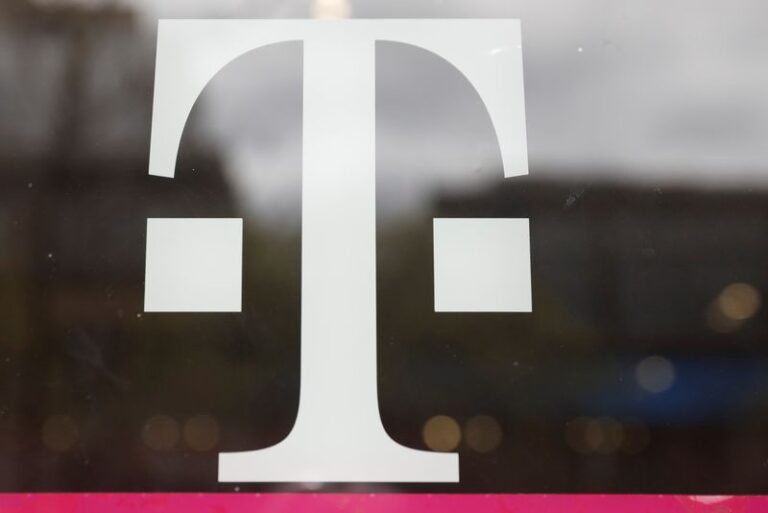
AI is becoming smarter and is helping humans in all possible ways. But not all work done using AI is in good faith. For instance, AI is also being aggressively used by cybercriminals to plan tricks to dupe people out of their money. Deepfake, which is the word for AI-generated videos, is becoming a global concern and now OpenAI CEO Sam Altman is urging banks and financial institutions to be smarter than the smartest AI to protect money.
Speaking at a Federal Reserve conference, Altman warned that financial institutions are dangerously underestimating the growing threat of AI-driven fraud. He highlighted how artificial intelligence is already capable of defeating many advanced security systems, and if this issue is not addressed, the consequences could be devastating.
“A thing that terrifies me is that there are still some financial institutions that accept voiceprints as authentication,” Altman said during the session (via CNN). “That is a crazy thing to still be doing. AI has fully defeated most of the ways that people authenticate currently.”
Altman emphasized that voiceprint authentication which was once considered a cutting-edge security feature for high-net-worth clients, is now quickly becoming obsolete. AI-generated voice clones are already taking over and are smart enough to sound highly realistic, growing more sophisticated by the day. They can now mimic individuals convincingly, making authentication systems more vulnerable than ever. Altman warns that in the coming years, video deepfakes will follow suit, attacking facial recognition systems and making it nearly impossible to distinguish reality from forgery.
Altman’s comments come amid growing concerns within the financial industry and across sectors about AI being used by cyber threat actors to steal money. Generative AI is helping criminals in ways that make it easier than ever to commit fraud. From impersonating CEOs in corporate scams to tricking parents with fake distress calls from their children, the threat is no longer hypothetical. Just last year, the FBI flagged a rise in AI-powered scams, including one where cybercriminals impersonated Senator Marco Rubio’s voice to reach high-level officials.
“I am very nervous that we have a significant, impending fraud crisis,” Altman stressed. “Right now, it’s a voice call. Soon, it’s going to be a FaceTime that’s indistinguishable from reality.”
Notably, this isn’t the first time Altman has sounded the alarm. The head of OpenAI, has frequently spoken about the double-edged nature of artificial intelligence. He has acknowledged that while on one hand, AI is helping in boosting productivity, accelerate scientific breakthroughs, and transform industries. On the other, AI is also bringing unprecedented risks, particularly if misused or poorly governed.
In one of his blog posts, he outlined a vision for the 2030s in which AI dramatically amplifies human capability. “We’ve built systems that are smarter than people in many ways,” he wrote. “But with that intelligence must come responsibility and safeguards. If not, we’re leaving the door wide open for abuse.”
– Ends




